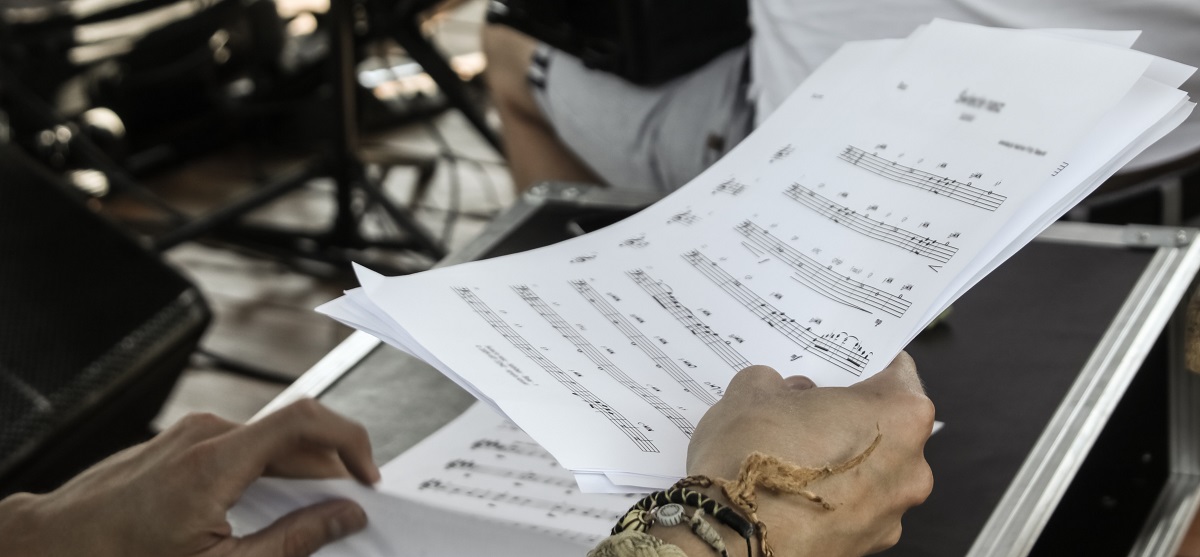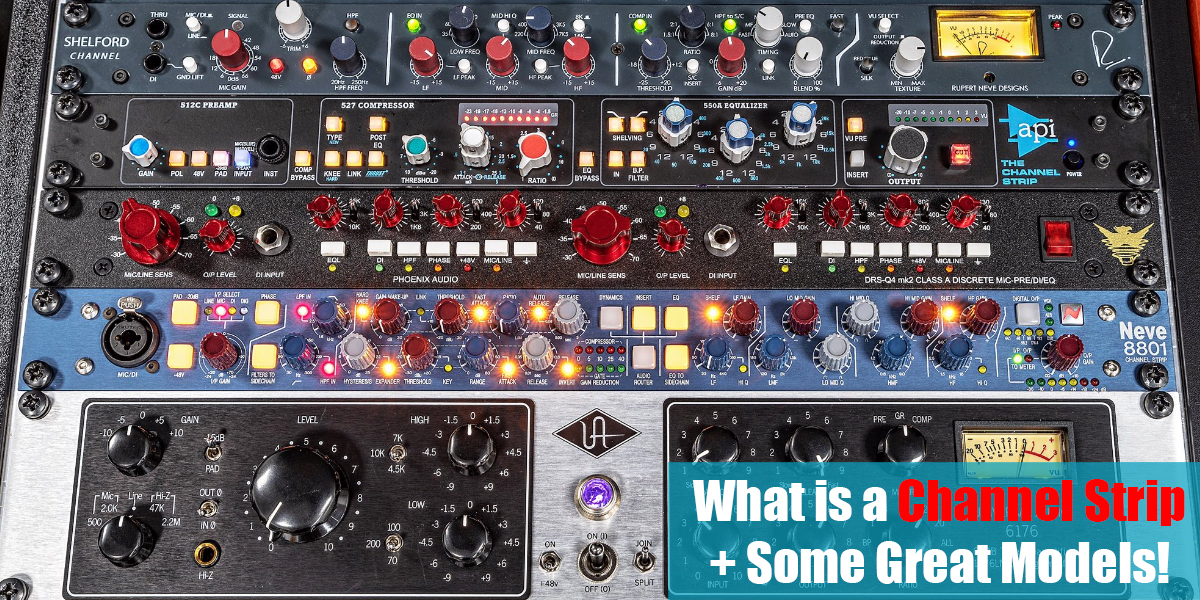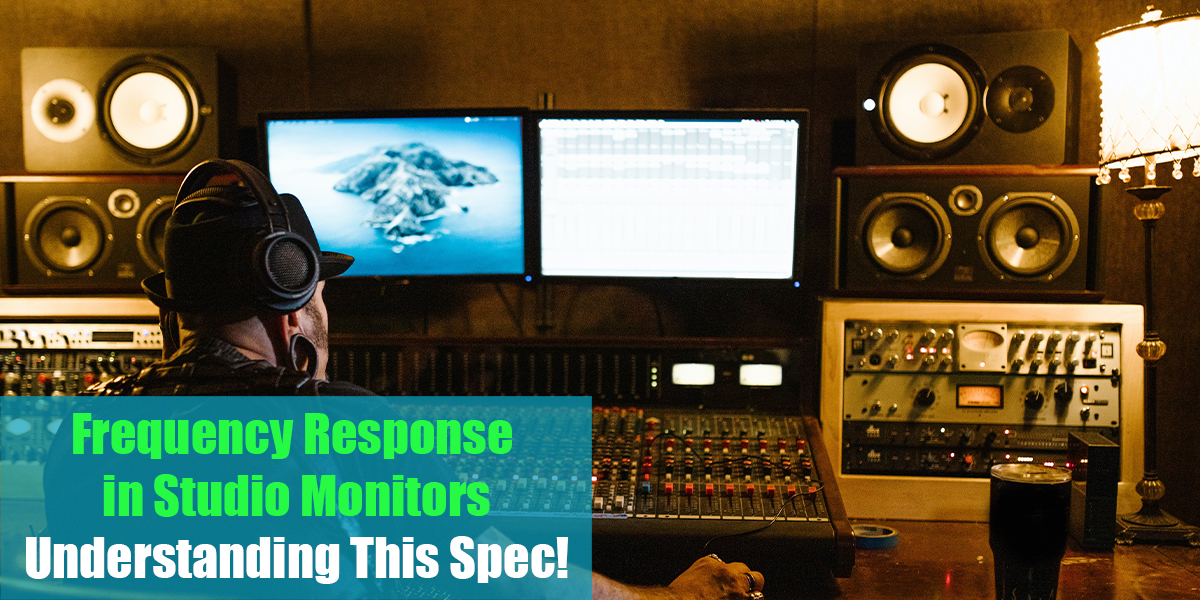Tips For Memorizing Music
Introduction
Can’t you believe how amazing it is when you watch a live performance and the musicians on stage are able to play through so many songs effortlessly without having to refer to sheet music or tabs? It is difficult to imagine how their brains can retain so much information.
Through intensive repetition and a thorough understanding of the harmony, melody, and lyrics of a song, musicians can memorize many songs for performance. It is particularly important to perform if the musician is a part of the writing process.
When purposeful action is taken to commit information to memory, the human brain is capable of retaining an incredible amount of information. It is likely that you have never given much thought to how your brain memorizes the thousands of words you use every day in your speaking language.
In order to achieve this, repetition is necessary. Let us take a closer look at the different methods of how musicians can memorize such a large number of songs with the tips we prepared for you on how to learn music and memorize music faster.
1. Practice at Slower Pace
The process of practicing slowly can assist you in memorizing the correct dynamic markings, rhythms, pitches, and finger positioning. You can improve your technique by practicing slowly and paying attention to your voice, hand position, posture, and finger movements while practicing music.
You should begin by dividing the music into smaller sections and working independently on each of them. Play the section several times with and without the sheet music, keeping the piano or metronome at a slow tempo, approximately 50% slower than the original tempo.
Suppose the speed of the original piece is 80 BPM, you should begin practicing at a speed of 40 BPM. Gradually increase the speed from 40 to 50 BPM, 50-60 BPM, and so forth, once you are comfortable singing and playing without looking at the score.
You may also use a recording device to make a recording of yourself and listen to the recording after it has been made. By performing this exercise, you will be able to identify areas in which you are unsure about your memory or hesitant to play. Make sure that you play through the entire piece of music from memory at the conclusion of the practice session.
In order to improve memory skills, beginners must reduce memory errors over time and improve their memorization technique. Please do not be alarmed if you make mistakes when practicing your memory even after practicing slowly. To improve your memory over time, you should continue practicing and strengthening it.

2. From Practice to Sleep
The process of memorizing one thing can take some people a long time. Once they have gained some level of comfort, they will move on. It can be frustrating as a result. Once you have completed a number of repetitions, you should be finished for the day.
It is not necessary to repeat a small section for hours at a time. You do not need to go back the same day to check if it has still been memorized. You will be able to accomplish all of this through sleep.
It is almost magical, but while you sleep, everything you have been learning is solidified in your brain. A process known as consolidation is the result of this process. Depending on how much information you memorized, some of it will become more stable the next day, and some of it will become less stable as time passes.
In the following few days, by repeating this process of repetition, your memories will continue to be strengthened, and eventually, what you are memorizing will be firmly embedded in your long-term memory. This is not the same as photographic memory, but it is definitively a great learning style for every beginner and advanced musician as well.
So we basically mean that you should return to it the following day. The important thing is to realize that you do not need to spend your entire day memorizing a small section of material. Take a break for a moment to consider it, and then move on.
3. Understanding of the Basics of Music Theory
An understanding of the basic concepts of music theory helps simplify the structure of a song. We will endeavor to make this as simple as possible even though it may sound a little technical since we do not want you to bother with too many technical terms.
Scales are the building blocks of music, and within each scale, a musician can find chords that sound good when played together. We will use the opening chord progression of the popular song “Sweet Home Alabama”. This song begins with a progression of chords in the key of D major, followed by chords in the key of C major, followed by chords in the key of G major.
The basic beginner chords on the guitar are some of the most common chords that are learned by guitar players. These chords are derived from the G major scale, which you may not be aware of. Roman numerals are used to describe chords in Music Theory, which are the V, IV, and I chords.
The musician playing this song does not even have to memorize the exact chords that the song is composed of when it comes to memorization. As a player gains a greater understanding of music theory, it becomes significantly easier to simply memorize that the song is in the Key of G (the G major scale) and that the chords are the V, IV, and I chords of that scale. This article isn’t intended to be a music nerd’s diary.

4. Audible and Visual Patterns
If you are having trouble keeping track of your music in your mind, try looking for visual patterns. Ensure that all details are taken into consideration. In what places do you see bowings? What notes are the beginning notes of the phrases? Are the leaps going in one direction or the other? Are there any segments that occur in a particular order? Which dynamics are present? You should also memorize what you hear as well as what you see.
Be careful to pay attention to the string or note that you are playing. What is the number of notes occurring on each string? How often does something happen? Understanding music intellectually is just as important as understanding it visually.
The more senses you use and the greater your intellectual understanding of the music, the better chance you have of remembering it, and the less likely you are to get stuck if you make a mistake. Be aware of muscle memory and don’t rely on it to remember things solely.
You may feel differently when you’re nervous because your muscles are tenser. When you don’t connect your senses and your intellect with your other senses, you can be thrown off by that different feeling. So always try to look for some audio or visual patterns on your sheet music papers while trying to memorize certain words or notes.
5. Memorizing Music by Ear
When it comes to learning music by ear, there is something a bit special about it. Musicians are able to relate much better to the song’s structure through this method. Human brains hold on to knowledge with a tighter grip when they have to struggle to learn something.
Basically, it’s like driving a car. Have you ever driven the same route multiple times while sitting in the passenger seat, but couldn’t recall which streets to turn on when you attempted to drive yourself?
Taking turns wasn’t your responsibility, so you didn’t memorize street names or visual monuments. Since the driver was responsible for seeing the sign, reading it, and turning the car onto that street, he was more connected to the trip in his brain than you were.
When learning or memorizing music, the process is the same. For example, musicians learn songs by ear much faster than they learn them by reading them from books or lessons. Only this time, you need to pay closer attention to the music when you are listening and try to replay it on your instrument, no matter what it is.
Transcribing a piece of music through an instrument after listening to it repeatedly is a great musical exercise. Musicians experience this especially when they listen to the song, transcribe it, and then record it. The basic chord progression can be sketched out on a piece of paper even if it is only a sketch.

If you want to check our article on training your ear, you can do it here!
6. Repetition Over and Over Again
Even though this is the obvious suspect for this process, we felt like we needed to share some insights on this process as well. Musicians must repeat their chosen material many times before they can truly memorize it, regardless of how good their memorization strategies are. We’re not talking about learning new music just by practicing, but rather by repeating with the intent of memorizing.
As a result of the physiological objective of memorizing, repetition forms the foundation for memorization practice. We want the music in our hands to be a part of our muscle memory. The most basic way to accomplish this is to repeat the material repeatedly until we have minimized the mental effort required to think about it consciously.
You should not spend your performance time worrying about whether your notes are the right ones, or if they are being played correctly. Constantly, confidently repeating the material is the simplest way to make sure the music is deeply ingrained within our understanding.
When learning music, most musicians use some form of memorization technique, but repetition is the key to success, regardless of the technique used. So repeat, repeat, and repeat again after that. Have this separated in several practice sessions and your memorization skills will improve over time.
Conclusion
Whether a performer is an amateur or a professional, memorizing music is a powerful tool. In addition to giving a performance a polished appearance, it can also cultivate a greater appreciation and knowledge of the music.
Music memorizing can be learned and mastered by anyone with the right technique and enough practice. Taking the time and effort to memorize music can be rewarding, but it requires patience and dedication. When musicians practice and have the right tools, it can enrich their lives, both onstage and beyond.
Please head over to the comment section below if you have any questions regarding the topic we covered here or if you have suggestions for other ways to memorize. I’ll be happy to update you.






